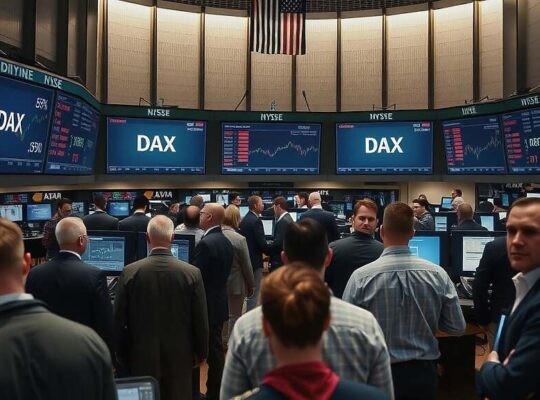A surge in consumer spending is anticipated across Germany this Black Friday, according to a new survey released by the Bitkom IT industry association. The research indicates that nearly half (52%) of German internet users plan to capitalize on discounted prices, overwhelmingly favoring online shopping platforms.
The shift towards online retail is stark, with 69% intending to exclusively search for bargains online. A further 26% anticipate a hybrid approach, combining online browsing with visits to brick-and-mortar stores, while a mere 4% plan to shop exclusively in physical locations. This trend underscores the ongoing disruption of traditional retail models and the dominance of e-commerce in the German market.
Notably, planned expenditure has increased significantly compared to previous years. The average individual intends to spend €312, marking an 11% rise from the €280 observed in 2024. This escalation in spending is more pronounced among male shoppers, who are budgeting an average of €363, compared to €251 for women, potentially reflecting differing purchasing habits and priorities.
While the majority describe their shopping approach as deliberate, with 61% already having a set budget, the motivations behind Black Friday participation reveal a complex consumer psychology. A substantial 45% identify as “wish fulfillers” rewarding themselves with coveted items previously deemed too expensive. Equally significant, 45% categorize themselves as “head buyers” strategically acquiring everyday necessities or planning for larger purchases when discounted. These findings suggest a blend of pre-planned acquisitions and opportunistic consumerism drives the event’s popularity.
The perception of impulsive purchasing, once a hallmark of Black Friday, appears to be diminishing. Only 28% identify as “impulse buyers” susceptible to spontaneous acquisitions during online browsing, while 22% self-identify as dedicated “bargain hunters” actively pursuing the lowest prices regardless of immediate need. A considerable 33% indicate they primarily leverage discount offers to acquire gifts for family and friends, adding a seasonal gifting component to the event.
The survey, conducted by Bitkom Research, polled 1,120 German internet users aged 16 and over. While highlighting growing consumer enthusiasm, the increasing expenditure and shifts in consumer behaviour raise questions about the long-term sustainability of the Black Friday model and its potential impact on responsible consumption. Critics argue the trend encourages unsustainable levels of consumption and devalues goods, while retailers face pressure to maintain margins in an increasingly competitive market.












